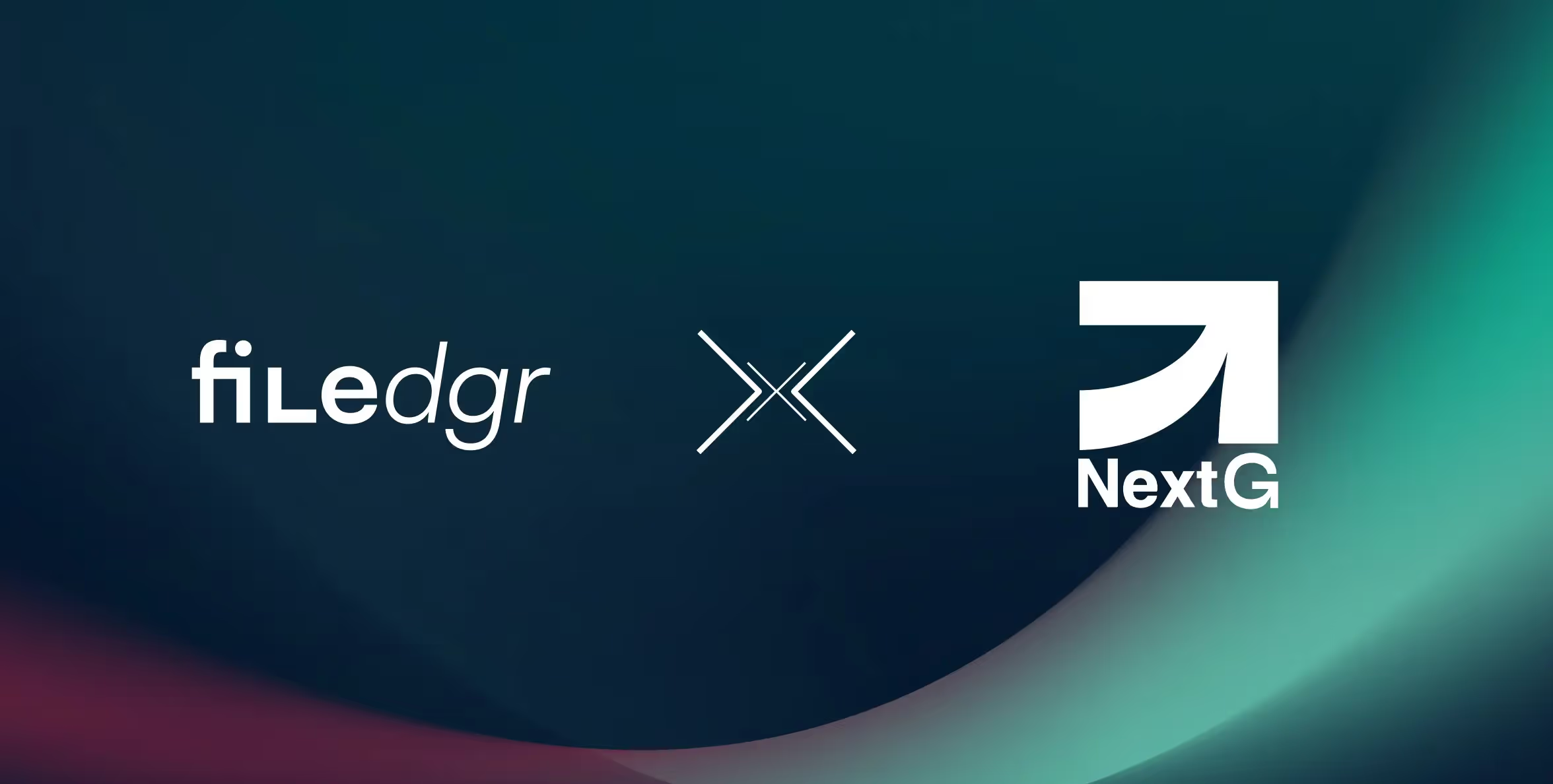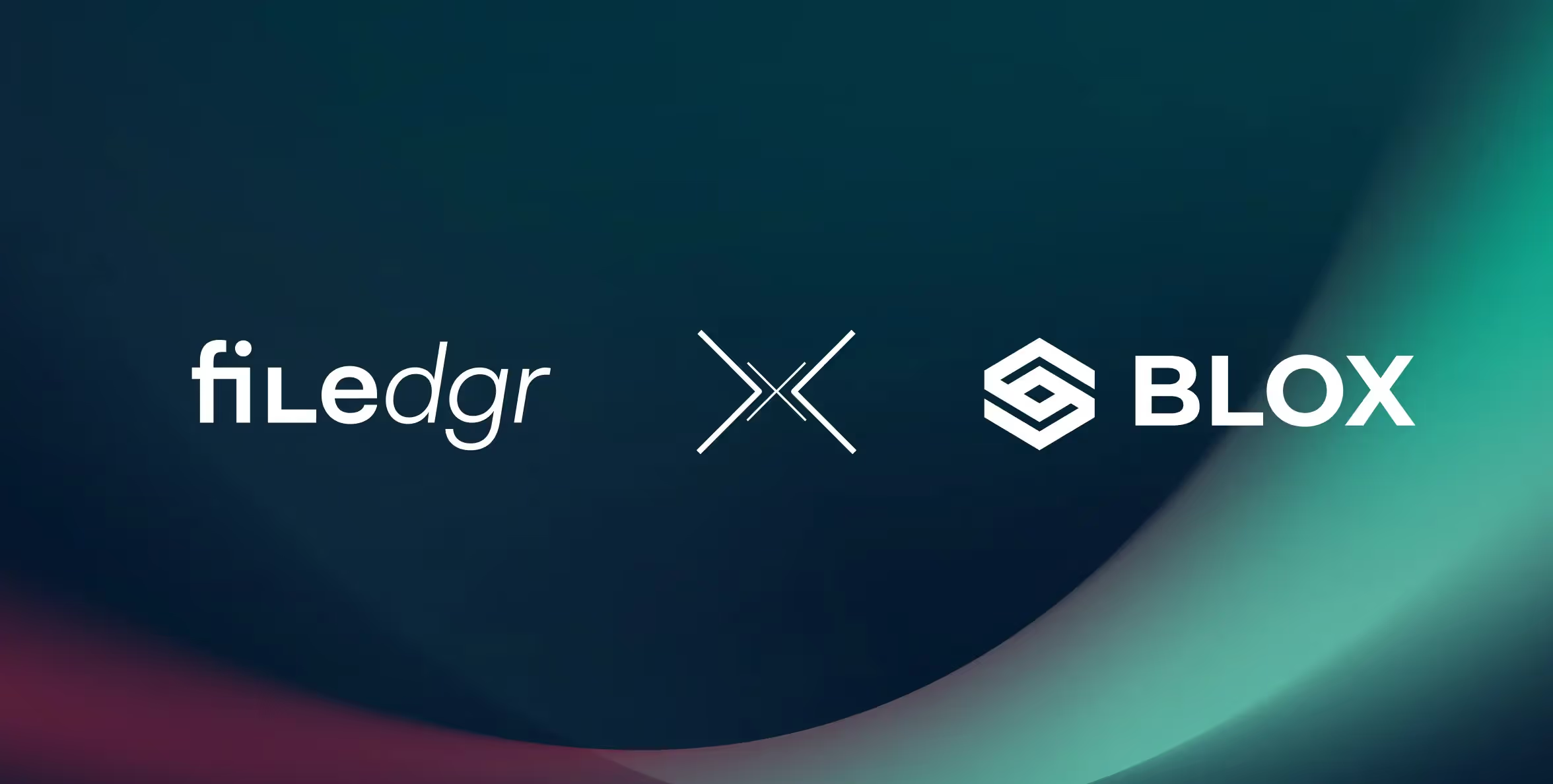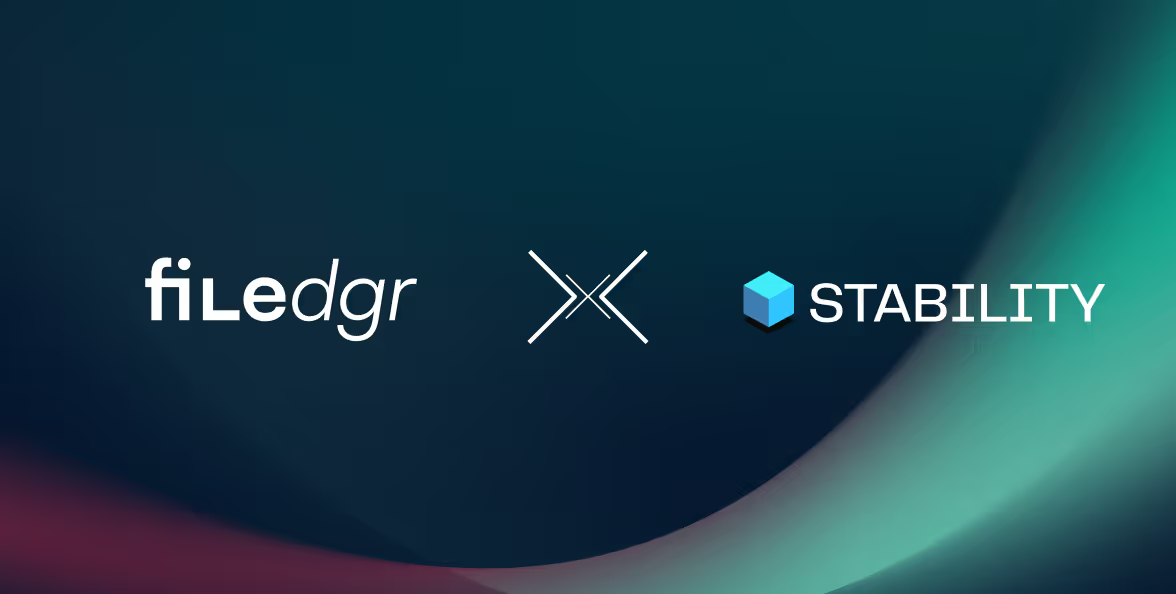How you create Value through Asset Tokenization in Today’s Economy
Asset tokenization involves converting physical and intangible assets into digital tokens on a blockchain, making them more efficient to buy, sell, or trade. In this blog article, we will learn the basics of tokenization, its benefits, legal aspects, and future possibilities.
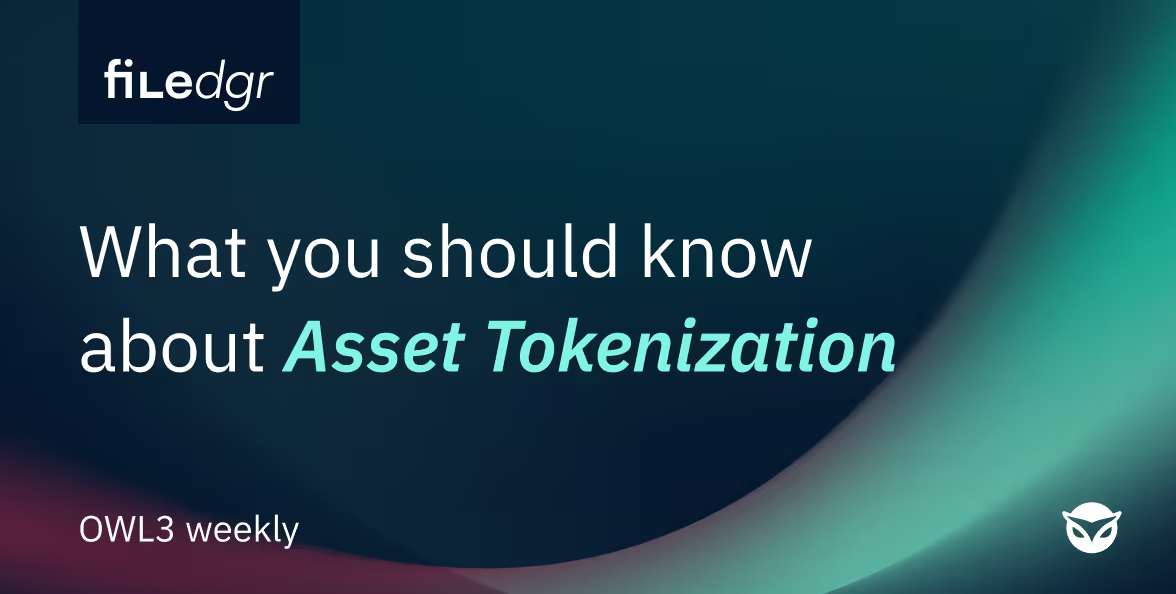
Asset tokenization involves converting physical and intangible assets into digital tokens on a blockchain, making them more efficient to buy, sell, or trade. In this blog article, we will learn the basics of tokenization, its benefits, legal aspects, and future possibilities.
What is Asset Tokenization?
Asset tokenization is the process of creating digital tokens that represent ownership or a share in a real-world asset. These tokens are secured on a blockchain, ensuring transparency, immutability, and ease of transfer. Essentially, tokenization transforms tangible assets like real estate, artwork, and commodities, as well as intangible assets like intellectual property, into digital representations that can be traded on a blockchain platform.
Why is Tokenization Important?
Tokenization is significant because it democratizes access to assets, increases liquidity, and ensures greater transparency in transactions. For example, the tokenization of real estate allows investors to purchase a fraction of a property, making it accessible to a broader audience and opening up new investment opportunities. This technology also simplifies the process of transferring ownership, as blockchain-based tokens can be easily bought and sold without the need for intermediaries.
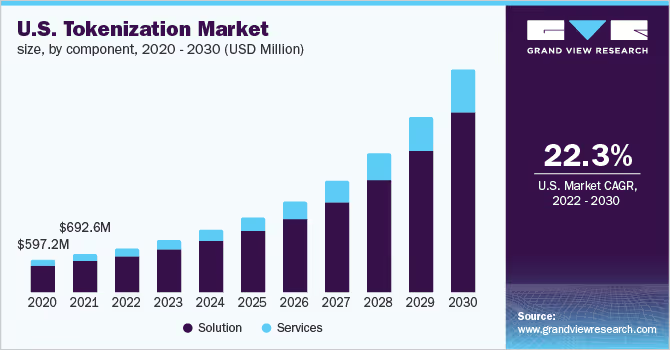
Benefits of Asset Tokenization
- Increased Liquidity
Tokenization can significantly increase the liquidity of traditionally illiquid assets. By dividing large assets into smaller, tradable tokens, it becomes easier for investors to enter and exit markets. For instance, an artwork worth millions can be tokenized into smaller shares, allowing multiple investors to own a part and trade it freely on a digital marketplace. - Fractional Ownership
One of the most crucial aspects of tokenization is the possibility of fractional ownership. This feature opens up investment opportunities to a wider audience, as individuals can invest in a portion of an asset rather than purchasing the entire asset. This democratization of investment can revolutionize markets like real estate, art, and luxury goods. - Increased Transparency and Security
Blockchain technology underpins asset tokenization, providing a transparent and secure ledger of transactions. Every transaction history of a tokenized asset is recorded on the blockchain, making it tamper-proof and easily auditable. This level of transparency reduces fraud and increases investor trust. - Efficiency and Cost Reduction
Through the automation of processes with smart contracts, tokenization reduces the need for intermediaries like brokers and escrow services. This automation not only speeds up transactions but also significantly reduces the costs associated with buying, selling, and transferring assets.
How Filedgr Supports Asset Tokenization
At Filedgr, we leverage our technology to provide a comprehensive digital storage network seamlessly integrated with real-world assets. Our platform allows businesses to authenticate data, document the lifecycle of assets, and interact with products innovatively.
Here is how we support the tokenization ecosystem:
Digital Certificates and Smart NFTs
Filedgr’s digital certificates, powered by smart NFTs, offer a new approach to ensuring the authenticity and provenance of physical objects. These certificates serve as unique digital identifiers that can be attached to real-world assets, providing a verifiable history and proof of ownership. This technology not only enhances security but also simplifies the management and trading of tokenized assets.
Digital Twin Data Hub
Our Digital Twin Data Hub serves as a secure center for managing digital assets, NFTs, and decentralized applications (dApps). It offers exclusive access management, ensuring that only authorized persons can view or interact with tokenized assets. The hub also supports live data capture, enabling real-time monitoring and analysis of physical assets.
Streamlined Lifecycle Management
Our digital asset management solution optimizes the lifecycle management of tokenized assets, from the initial design phase to real-world performance. By integrating Digital Certificates with our Digital Twin Data Hub, we provide a holistic view of an asset’s lifecycle, improving traceability and decision-making.
Legal Aspects of Asset Tokenization
Regulations vary by jurisdiction and asset type and affect how tokens can be issued, traded, and owned. Key considerations include:
- Compliance with Regulations Compliance with securities laws is particularly important when financial assets are tokenized. Many jurisdictions classify tokenized assets as securities, meaning issuers must adhere to strict regulatory frameworks. Consulting legal experts is crucial to ensure all applicable laws and regulations are followed.
- Intellectual Property Rights (IPR) 👓 When tokenizing intellectual property, such as patents or trademarks, securing the necessary rights and permissions is essential. Ensuring clear ownership and the ability to transfer these rights is critical for the legal validity of tokenized assets.
- Cross-Border Transactions Tokenized assets can be traded globally, raising questions about cross-border regulations and taxation. Understanding the legal implications of international transactions is crucial to avoid potential legal pitfalls.
The Expansion of Tokenization
As technology advances and regulatory frameworks become more defined, we can expect the following:
- Expansion into New Asset Classes Beyond traditional assets like real estate and commodities, tokenization could expand into new areas such as intellectual property, digital content, and even human capital. This expansion could open up new investment opportunities and revenue streams.
- Integration with AI and IoT Integrating tokenization with emerging technologies like artificial intelligence (AI) and the Internet of Things (IoT) could provide deeper insights into asset management. For example, tokenized IoT devices could automatically update their status and performance on the blockchain, enabling real-time monitoring and decision-making.
- Greater Adoption in Traditional Finance As the benefits of tokenization become more apparent, traditional financial institutions may increasingly adopt it. This could lead to more widespread use of tokenized assets in investment portfolios, loans, and other financial services.
Conclusion: The Future is Tokenized
Asset tokenization is fundamentally changing how we view and use assets in the digital age. It brings many benefits, such as increased liquidity, fractional ownership, more transparency and security, and lower costs through automated processes.
Our solutions help companies securely and transparently manage the entire lifecycle of their assets. Rest assured that your physical objects are authentic and genuine, with easy management and evaluation of all relevant data.
Schedule your consultation today and discover the future of digital assets. Book your appointment now.
Be the change 🦉
Get started today
Stay ahead of audits and evolving regulations with verified integrity.
Get in touch to learn more.










